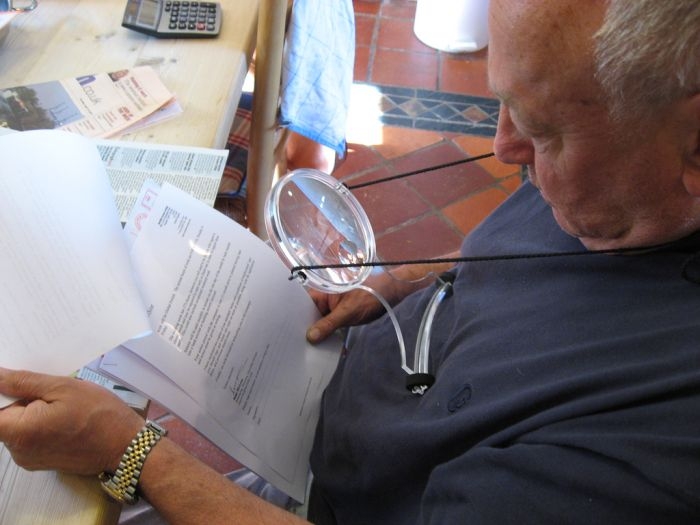
Both journalists and lay citizens see statements that affirm their beliefs as more objective and informative, writes Cornelia Mothes, of Ohio State University. Mothes analysed the results from a “quasi-experiment” with 430 German journalists and 432 non-journalists.
The experiment was carried out online. In it, the respondents were asked about their opinion on nuclear power and then subjected to expert statements which either clashed with or affirmed their attitudes. Finally, the respondents were asked to assess the objectivity and information value of the statements.
Both groups reacted the same way: those opposed to nuclear energy saw anti-nuclear power statements as being more objective, and vice versa. Perceived objectivity, then, contributes to perceived information value of a message. Information value is likely to affect which messages will be re-transmitted, for example through journalism, the author suggests.
The article “Biased objectivity” was published by the journal Journalism & Mass Communication Quarterly. It is available online (abstract free).
Picture: Magnifying glass by Kai Hendry, licence CC BY 2.0.